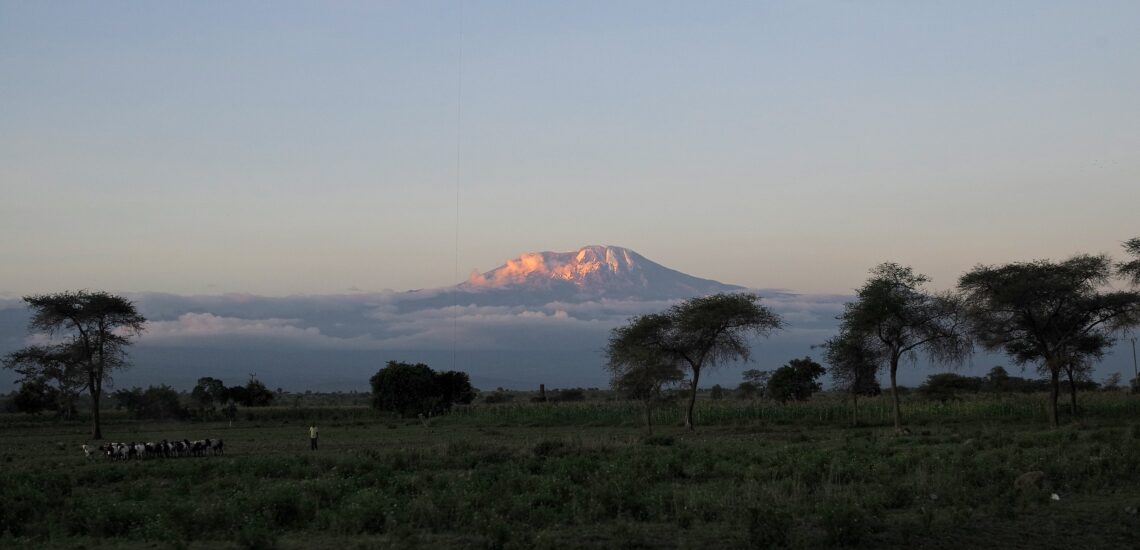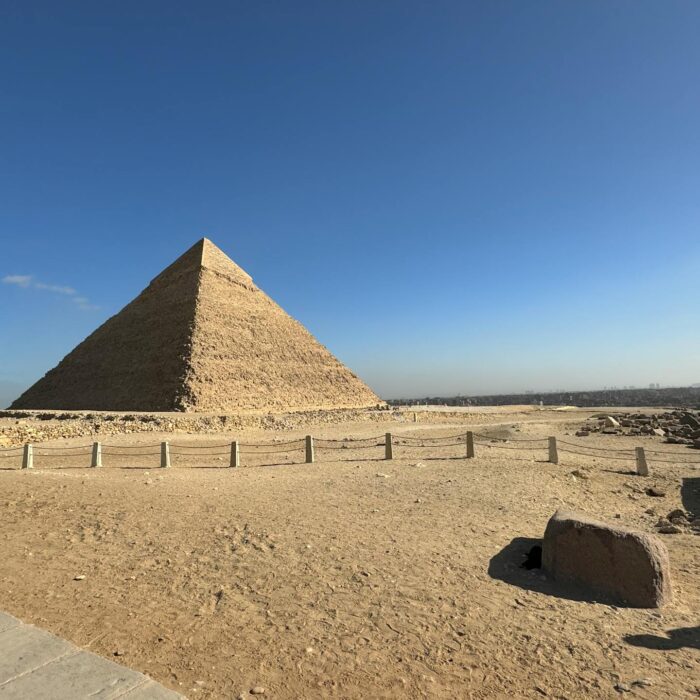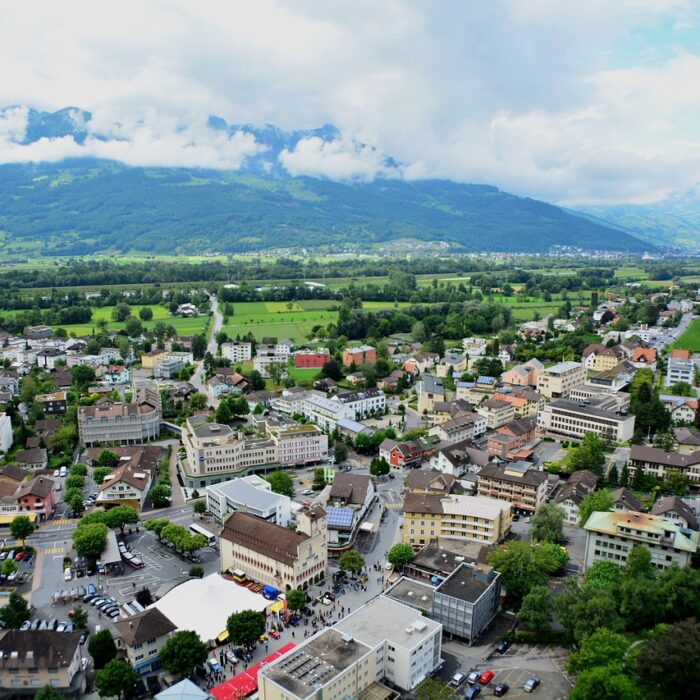10 Interesting Facts About Tanzania
Quick facts about Tanzania:
- Population: Tanzania is home to over 60 million people.
- Official Languages: Swahili and English serve as the official languages in Tanzania.
- Capital: Dodoma is the designated capital, although Dar es Salaam remains a major city.
- Government: Tanzania operates as a republic with a multi-party political system.
- Currency: The Tanzanian Shilling (TZS) is the official currency in Tanzania.
1 Fact: Tanzania has the highest concentration of wildlife in the world
Tanzania proudly holds the title for the world’s highest concentration of wildlife. With over 44 national parks and game reserves, including renowned areas like the Serengeti and Ngorongoro Crater, the country hosts an incredible diversity of species. Tanzania is home to an estimated 430 species of mammals, 1,500 species of birds, and a vast array of other wildlife. The annual Great Wildebeest Migration alone involves over 1.5 million wildebeest, making it one of the most spectacular natural events on the planet. This remarkable biodiversity establishes Tanzania as a premier destination for wildlife enthusiasts and conservation efforts.
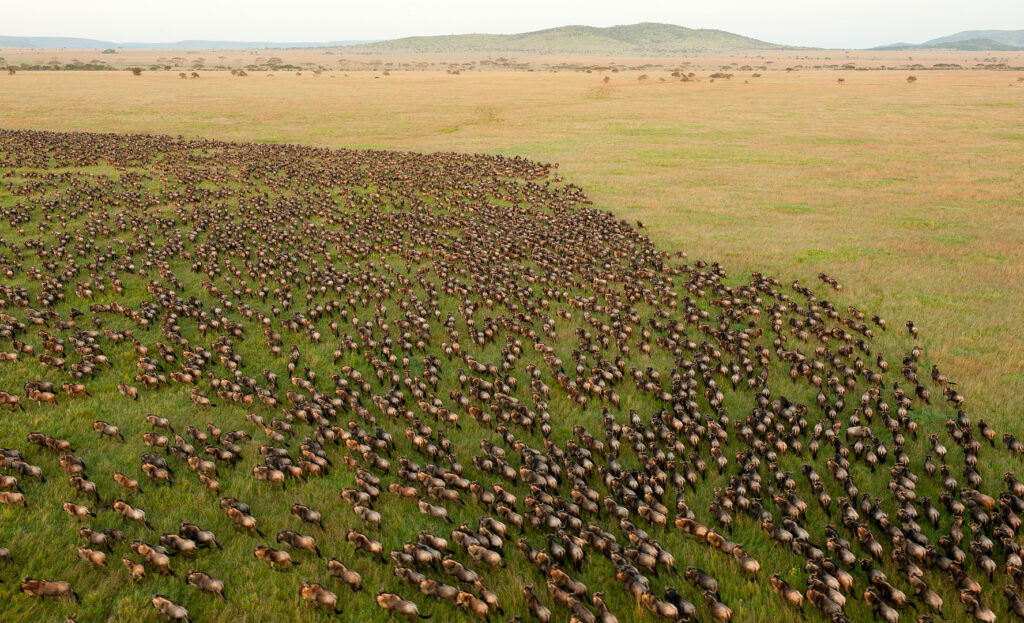 Daniel Rosengren, CC BY 4.0, via Wikimedia Commons
Daniel Rosengren, CC BY 4.0, via Wikimedia Commons2 Fact: Tanzania is most popular safari destination
Tanzania stands as one of the world’s most popular safari destinations, with its crown jewel being the renowned Serengeti National Park. This iconic destination captivates visitors with its expansive savannahs and incredible biodiversity, making it a prime location for witnessing the Great Wildebeest Migration. Home to the Big Five and a plethora of other wildlife, Tanzania’s safari experiences offer a unique blend of adventure and natural beauty, attracting enthusiasts from across the globe.
Note: Before your visit, find out if you need an International Driving License in Tanzania to drive.
3 Fact: Here is the highest point in Africa
The highest point in Africa is Mount Kilimanjaro, standing majestically in Tanzania. This iconic free-standing volcanic mountain rises to an impressive elevation of 5,895 meters (19,341 feet) above sea level. Renowned for its breathtaking glaciers and diverse ecosystems, Kilimanjaro attracts adventurers and nature enthusiasts from around the world, making it a symbol of Africa’s natural beauty and grandeur.
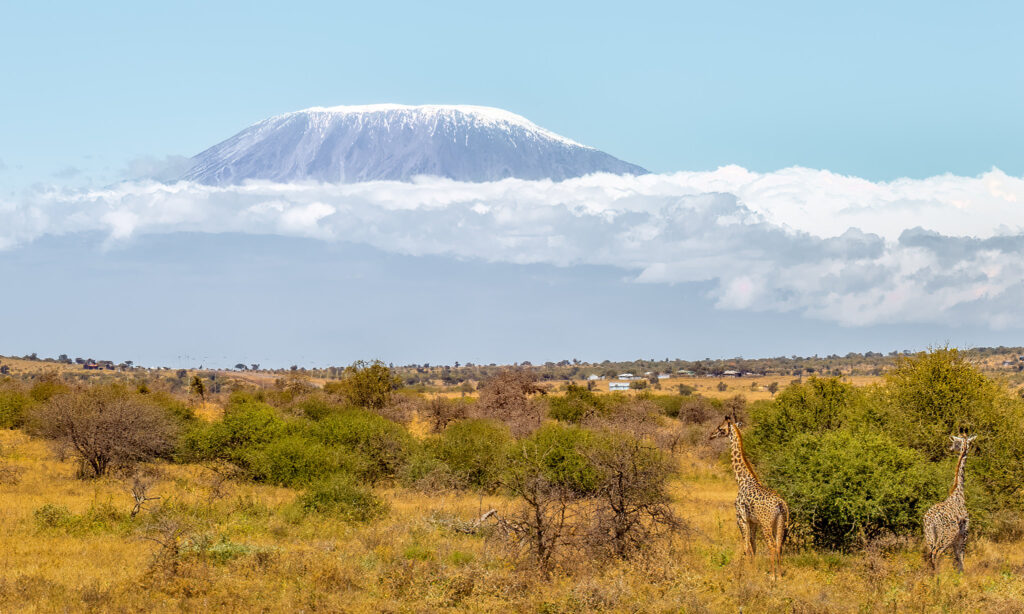 . Ray in Manila, (CC BY 2.0)
. Ray in Manila, (CC BY 2.0)4 Fact: The largest volcano crater is in Tanzania
Tanzania is home to the Ngorongoro Crater, which boasts the title of the world’s largest unbroken caldera or volcanic crater. This natural wonder was formed by the collapse of a large volcano, creating a unique and self-contained ecosystem. The Ngorongoro Crater is renowned for its stunning landscapes, diverse wildlife, and the coexistence of various species within its confines, making it a UNESCO World Heritage Site and a remarkable destination for nature lovers and safari enthusiasts.
5 Fact: Tanzania has the second largest lake in the world
Tanzania is home to Lake Victoria, which is the second-largest freshwater lake in the world by surface area. This expansive lake, shared with Kenya and Uganda, covers approximately 68,800 square kilometers (26,600 square miles). Lake Victoria is not only a significant geographical feature but also a vital resource for the surrounding communities, supporting diverse ecosystems and contributing to the region’s cultural and economic activities.
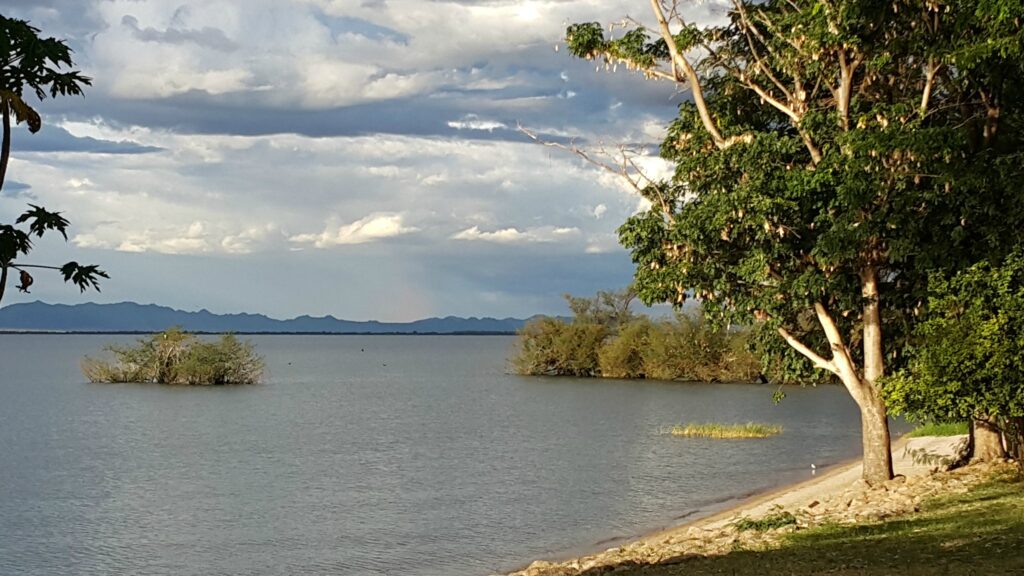 Linda De Volder, (CC BY-NC-ND 2.0)
Linda De Volder, (CC BY-NC-ND 2.0)6 Fact: Tanzania has some great beaches
Tanzania boasts stunning beaches along its coastline, particularly in areas like Zanzibar and the surrounding islands. With pristine white sands and turquoise waters, these beaches, such as Nungwi and Paje, offer idyllic settings for relaxation and water-based activities. Whether you seek serene sunsets, vibrant marine life, or water sports, Tanzania’s coastal regions provide a perfect blend of natural beauty and tropical tranquility.
7 Fact: There are some very old trees in Tanzania
Tanzania is graced with ancient trees, notably the iconic baobabs, some of which have thrived for thousands of years. The baobab, a symbol of Africa’s timeless beauty, can be found in regions like Tarangire National Park. These magnificent trees, like the ancient Adansonia digitata, contribute to Tanzania’s unique landscapes. Additionally, the Usambara Mountains are home to Podocarpus and African Olive trees, with some specimens boasting ages measured in millennia. This enduring arboreal legacy showcases the remarkable biodiversity and the awe-inspiring longevity of Tanzania’s natural treasures.
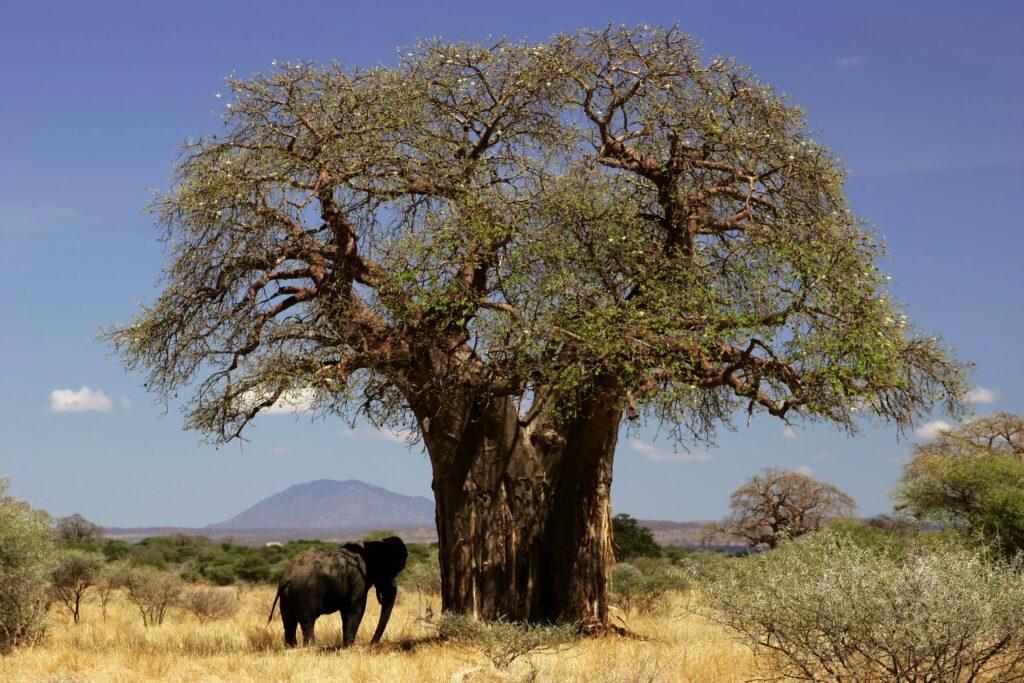 Ferdinand Reus from Arnhem, Holland; Niabot (modifications), CC BY-SA 2.0, via Wikimedia Commons
Ferdinand Reus from Arnhem, Holland; Niabot (modifications), CC BY-SA 2.0, via Wikimedia Commons8 Fact: Zanzibar was the center of the slave trade by the Arabs
Zanzibar played a significant role in the historical Arab slave trade. During the 19th century, the island served as a major hub for the East African slave trade, where Arab traders were actively involved in capturing, transporting, and selling slaves. Stone Town, the capital of Zanzibar, contains historical sites such as the Slave Market and Slave Chambers, which stand as poignant reminders of this dark period in history.
9 Fact: Albinos are born more often in Tanzania than anywhere else.
Tanzania has one of the highest rates of albinism globally, with an estimated prevalence of around 1 in 1,400 births. Certain ethnic groups within the country exhibit a higher frequency of albinism-related genes, contributing to the elevated occurrence of this genetic condition.
 Steven dosRemedios, (CC BY-ND 2.0)
Steven dosRemedios, (CC BY-ND 2.0)10 Fact: Freddie Mercury, lead singer of Queen, was born in Tanzania
Freddie Mercury, the legendary lead singer of Queen, was born in Zanzibar, Tanzania, on September 5, 1946. Born as Farrokh Bulsara, he spent part of his childhood in Zanzibar before his family moved to India and eventually settled in England. Freddie Mercury’s musical talent and iconic contributions to rock music have left an enduring legacy, making him one of the most celebrated performers in the history of popular music.

